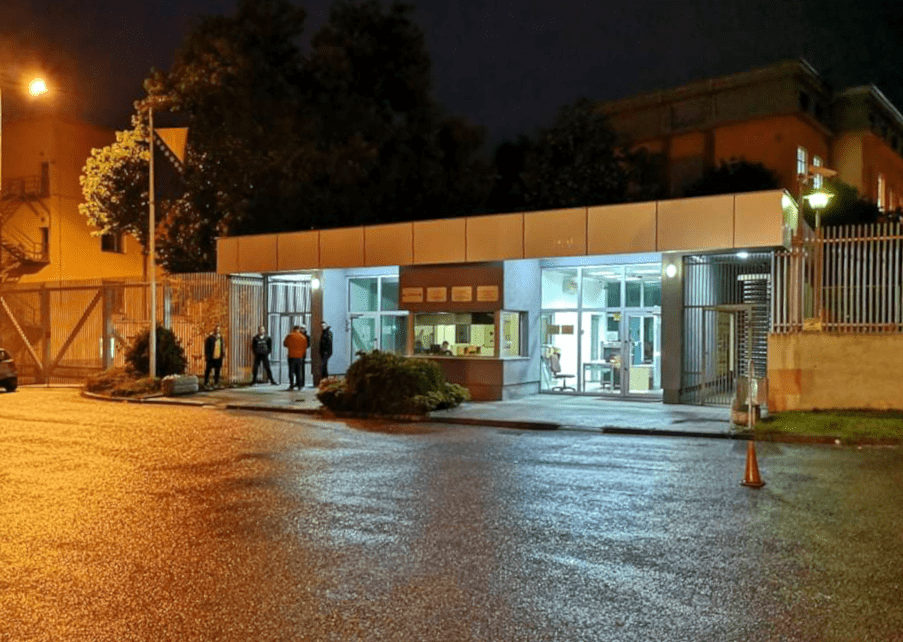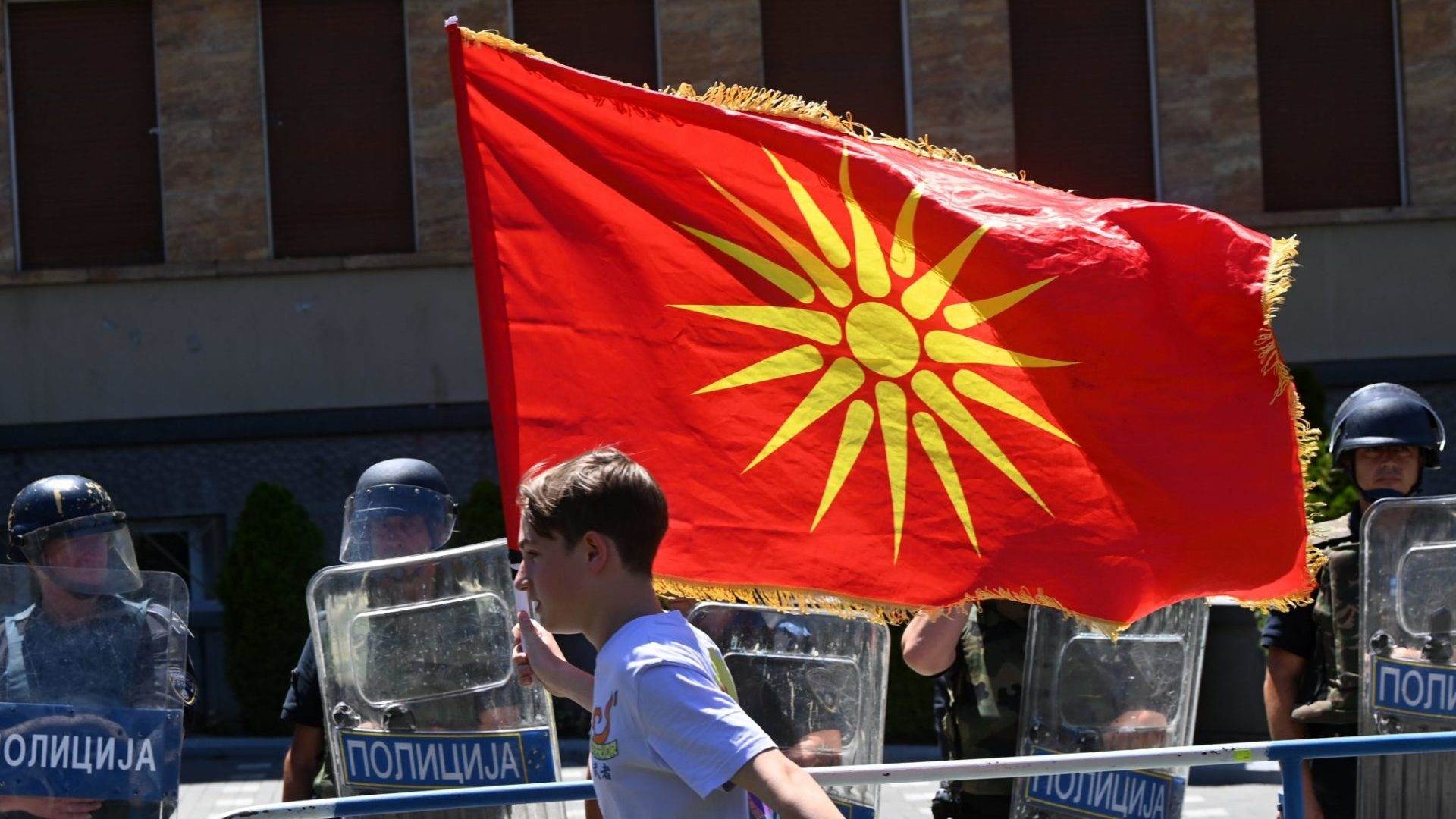This post is also available in: Bosnian
The President of the Court of Bosnia and Herzegovina writes a critical overview for Justice Report of progress so far in implementing the Strategy for Processing War Crimes in Bosnia and Herzegovina, expressing concern that the Strategy has become a merely “declarative” document.
By Medzida Kreso, President of the Court of Bosnia and Herzegovina
Implementation so far of the State Strategy for Processing War Crimes Cases can be assessed as very weak. The situation has remained more or less unchanged since December 29, 2008, when the Council of Ministers of Bosnia and Herzegovina adopted the Strategy, regardless of the measures envisaged by it and the short deadlines scheduled for their realisation.
Speaking in general, the basic problem of implementing this and many other strategies adopted in Bosnia and Herzegovina in various fields is that they envisage almost no binding mechanisms to ensure implementation. This Strategy is based on the good will of various participants with a view to making great progress through joint effort. However, depending on good will may be a little unrealistic.
The Strategy is, essentially, only declarative; it has moved some things that were deadlocked and it has drawn attention to the problem of a large backlog of war-crimes cases.
However, the Strategy was supposed to be the driving force of further activities specifically listed in it: for example, the adoption of the two amended articles of the Criminal Procedure Act of Bosnia and Herzegovina, which would enable the implementation of criteria for choosing priority cases (Annex A of the Strategy – which represented such a significant achievement), and distribution of cases among courts based on this; then, the assessment of the lack of capacities and, in accordance with this, the investment plans in budgets at all levels as early as June this year, and so on.
Unfortunately, deadlines for these activities are running out and nothing is being done. In fact, there is outright obstruction of the Strategy’s implementation by key participants whom the Strategy lists as being responsible for important activities.
This points to the fact that the Strategy itself has no legal power (which has been undeniably proven in the last six months) or any binding character. It is obvious that no one is suffering consequences for not adhering to measures specified by the Strategy.
And the Council of Ministers itself, which adopted the Strategy, appointed the Supervisory Body two months late. Only on March 19, 2009, did the Council of Ministers, at the proposal of the Ministry of Justice, issue a Decision on forming the Supervisory Body to monitor and implement the State Strategy.
Nine members were appointed to the Supervisory Body, members of the High Court and Prosecution Chamber of Bosnia and Herzegovina, the Judicial Committee of the Brcko District and the state and entity ministries. Milorad Novkovic was appointed President and Jusuf Halilagic was appointed deputy.
The Supervisory Body is supposed to hold monthly sessions and by now it was supposed to have submitted two quarterly reports to the Council of Ministers on implementation of the Strategy. As far as I know, no report has yet been submitted.
In addition, the Ministry of Justice of Bosnia and Herzegovina, which formally proposed the Strategy, has failed to meet the duties that it assumed under the Strategy. Primarily, it was supposed to draft amendments to the law and put them through urgent procedure. Judges and prosecutors cannot act outside the legal framework, and must wait for the legislative bodies to make it possible for them to implement the Strategy, following concrete criteria for the prioritisation of cases.
However, six months have passed so far, and no amendments have been put into procedure; not even a special taskforce for drafting the changes and amendments, as stipulated in the Strategy, has been formed, but the already existing group for following the implementation of criminal legislation has been assigned this task. The amendments have not been treated as urgent and it remains open to question when they may now be expected.
As for measures in the Court’s competence, we were obliged to establish a centralised register on the number of confirmed indictments, and first-instance and legally valid verdicts that were passed in cases of war crimes before the courts of Bosnia and Herzegovina as of March 1, 2003, within 30 days of the adoption of the Strategy.
Implementation of this measure does not depend solely on the Court of Bosnia and Herzegovina, but on other courts in the country as well, which are supposed to submit data on cases that were passed onto them as of that date, or on cases that may have been launched after that date in lower-instance courts (even though cases should not have been launched in lower-instance courts after that date as, under the law, this is the sole competence of the Court of Bosnia and Herzegovina).
We certainly have the data on all cases that were processed before this Court as of March 1, 2003, but there is no regular system of reporting on what is happening in regard to cases passed on to other courts or decisions made in these and other cases. Therefore, we cannot say that there is a complete database that includes the whole territory of Bosnia and Herzegovina, as envisaged by the Strategy.
In this respect I believe that the database of the Prosecution is much more important, but as far as I know, it has not been completed yet, nor is it likely to be completed soon due to the failure of the entity Prosecutions to submit the necessary data.
That data is being hidden, I claim it responsibly, because if it were submitted they’re would be a new public scandal affecting the judiciary. In addition to parallel trials being conducted by our courts and the Serbian courts, there are parallel investigations against the same persons for the same war events at the entity and the state level. This is inadmissible, illegal and unthinkable in any legally regulated country.
As for measures on continued reporting on verdicts passed and indictments confirmed, this fully depends on other courts. We have so far received such data from a large number of courts in the Federation and Brcko District, but none from courts in the Republika Srpska.
For us, this could only mean that there are no activities regarding cases of war crimes in other courts, which is not true, because such activities are being carried out.
The Court of Bosnia and Herzegovina regards the Strategy responsibly even when it comes to regular sessions with the Prosecution of Bosnia and Herzegovina on the unique implementation of criteria for choosing cases.
Earlier I mentioned that the legal framework for full implementation of criteria has not been adopted yet, although it is a part of the Strategy. I don’t know to what extent the prosecutors use these criteria at the moment in their work when making decisions on priority cases.
The plan is to hold a regular session of the Court of Bosnia and Herzegovina and the Supreme Courts of the entities and the Appeals Court of Brcko District, on making joint stances exclusively in cases of war crimes. These sessions have not yet started.
The same goes for periodical meetings with judicial representatives from the region aimed at strengthening judicial cooperation regarding cases of war crimes (the deadline for the first meeting was within three months of the Strategy’s adoption).
A network of support for witnesses and victims at the level of the whole of Bosnia and Herzegovina was supposed to have been created within four months of adoption, as was the Department for Support for Witnesses at the Court, but until now just two non-government organisations have been active which can offer this kind of support.
I must admit that the deadlines envisaged by the Strategy are rather ambitious. It would be hard to expect implementation of all the measures within these deadlines. However, the goal of these deadlines was to emphasise the urgency of taking concrete action – to highlight the fact that we are hopelessly behind and that many of these measures should have been implemented a long time ago.
At the same time, we should also stress that all the institutions responsible for implementing the measures were, through their representatives, involved in drafting the Strategy, including setting realistic deadlines for implementation. Those institutions should have assessed at the time that the deadlines were not realistic and proposed alternative deadlines, but they did not.
Thus, we find ourselves in a situation where half of the deadlines have expired and the measures have not been implemented. This discredits the Strategy itself and reduces its significance, because it has become obvious that it represents only a kind of ‘declaration’ that no one sees as an obligation, and for which no one has provided appropriate resources.

